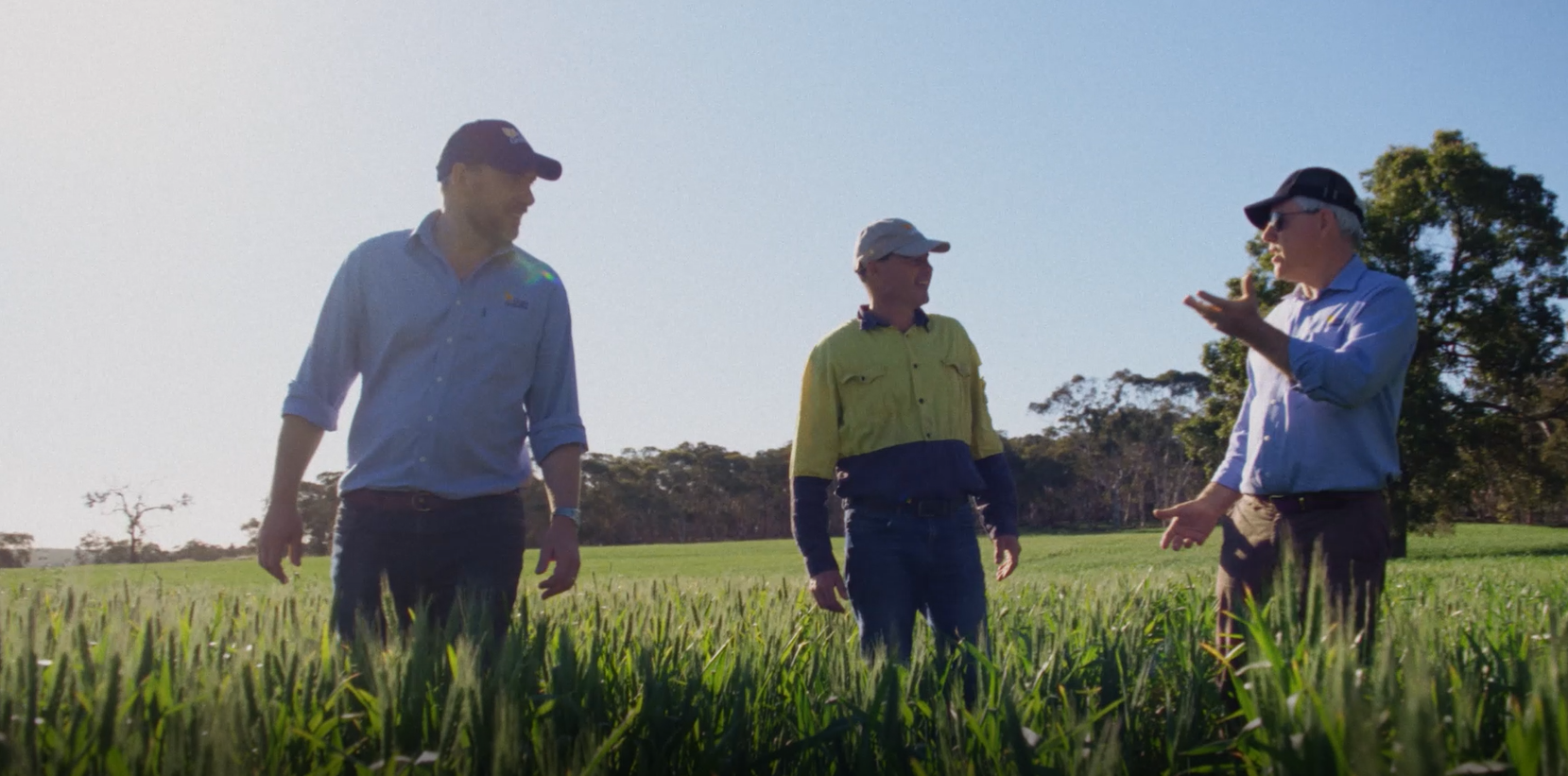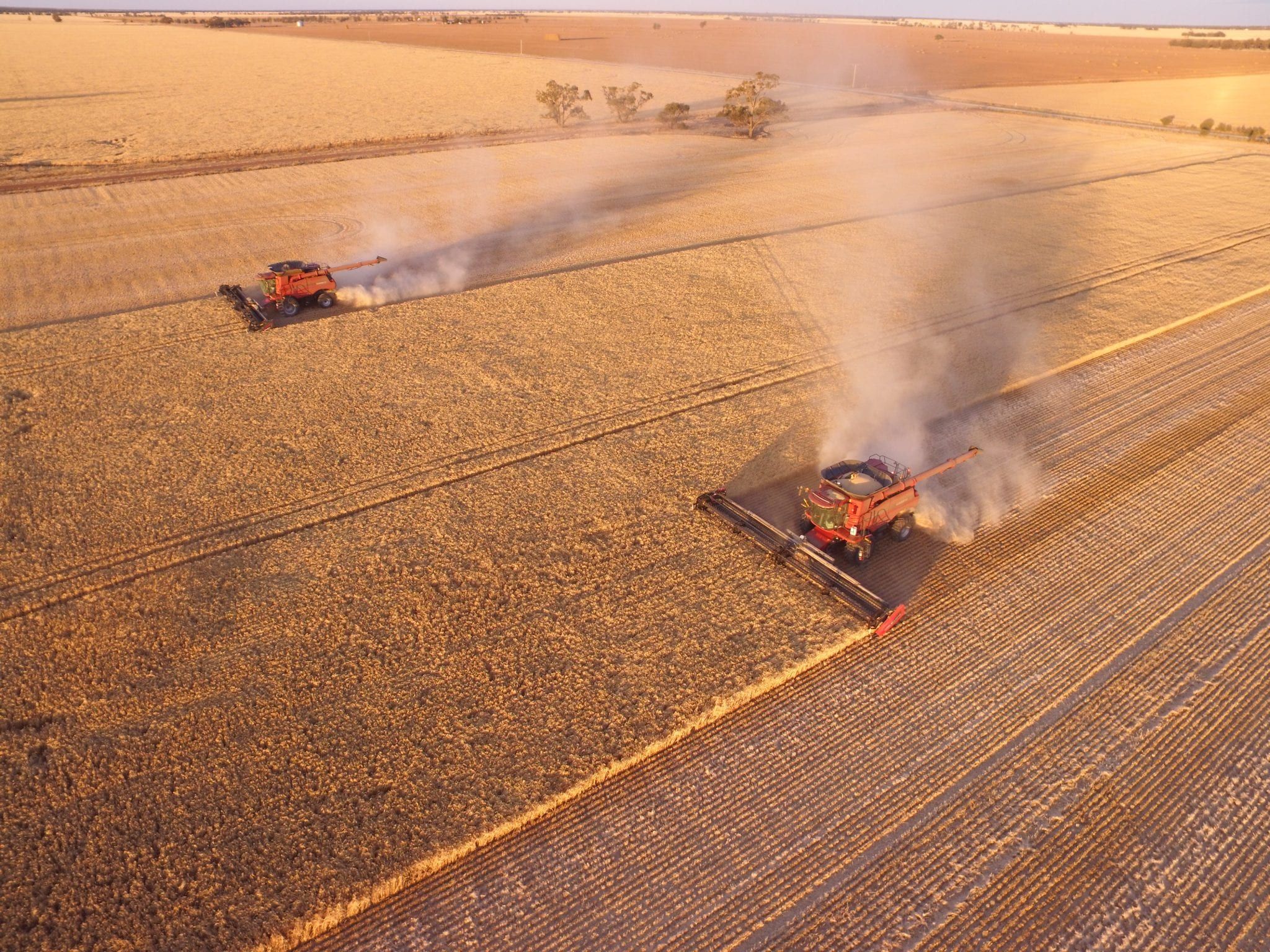Words by Zach Whale, GrainGrowers General Manager - Policy & Advocacy
With the 2022 Federal Election campaign officially underway, GrainGrowers has continued its ‘Planting Seeds: Growing the Economy’ campaign with six key priorities as identified by growers to advance the Australian grains industry.
Cost of living pressure and rising household expenses are a central theme to this election and these things are also keenly felt by farmers. If there’s a price change in your democracy sausage, think about the cost of production costs that went into the loaf of bread. An astounding 78% of growers identified costs and availability of inputs as the top challenge in GrainGrowers’ 2022 Annual Policy Survey.
While growers have proven their resilience and ability to adapt with plans in place to help manage the risks on farm, huge fluctuations in inputs cost and uncertainty over supply is increasingly difficult to manage. The unpredictability has consequences on a growers’ ability to accurately forecast costs, margins, crop selection and even how much area to plant.. In fact, 1 in 5 growers plan to reduce their planting area this year, citing input cost as the primary reason in our latest policy survey.
Examples from the paddock
Recently, a WA GrainGrowers member informed us that their chemical and fertiliser bill had risen over 120% in the past two years. In fertiliser markets, there is not an accurate reference price, or the price across the whole market. You may only know what price you have been offered. More transparent price data across the industry will provide growers more confidence in knowing what prices are across the whole market and therefore what a fair price might be
It’s not only costs and availability of chemicals and fertiliser that keep growers up at night. A SA grower has told GrainGrowers of the impacts of waiting for critical tractor parts in the lead up to harvest. This grower ordered early and was informed the wait would be three-months and still the parts did not arrive in time for harvest. This grower did what growers do best – they adapted. They got the job done by swapping parts with a neighbour, but the stress and inefficiency could have been avoided. Farmers must be able to access the parts they need to continue to operate.
What government action is required
As an industry, we are overly reliant upon international sourced inputs, where the supply chains can have limited flexibility and are ultimately vulnerable to external factors such as geopolitical tensions, natural disasters and labour shortages.
During this election campaign, GrainGrowers is asking the next government to address this by:
- Specific funding to increase domestic manufacturing of critical agricultural inputs
- Improving right to repair frameworks to allow growers greater access to software and parts at critical times
- Improved price transparency mechanisms for critical inputs like fertiliser.
Growers are after a stable business operating environment. The key to this is helping reduce the risk associated with our input supply chains and markets.


